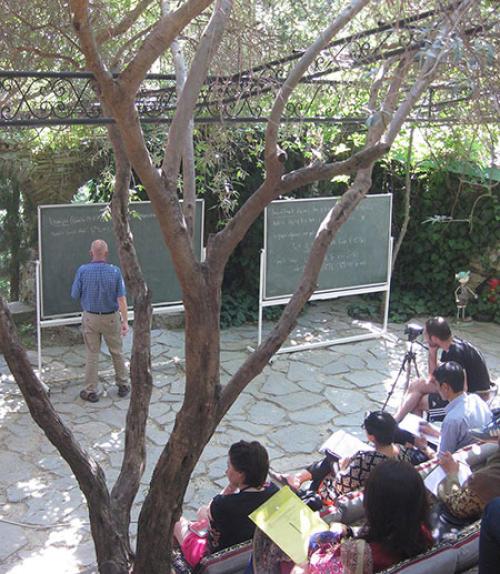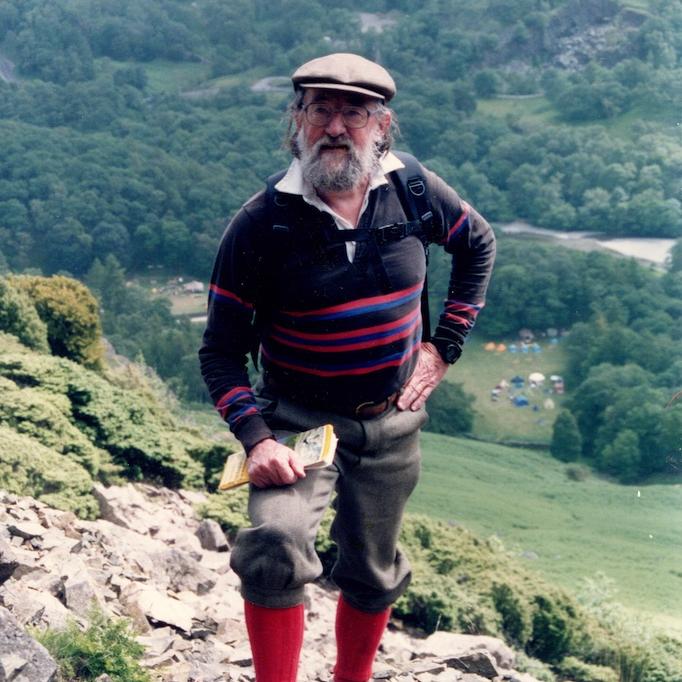
 Department Homepage
The College of Arts & Sciences
Department Homepage
The College of Arts & Sciences
Grad student explores 'math culture' in Turkey
As Ellen Abrams considered math-related topics for her doctoral thesis, she knew the summer after her first year would be a good time to explore the options.So the doctoral student in the field of Science and Technology Studies (STS) chose a two-pronged approach. For the latter part of the summer, she plans to hole up in a library studying the history of mathematics. But before that, she headed to Turkey to do an ethnographic study of a class at Nesin Mathematics Village.




